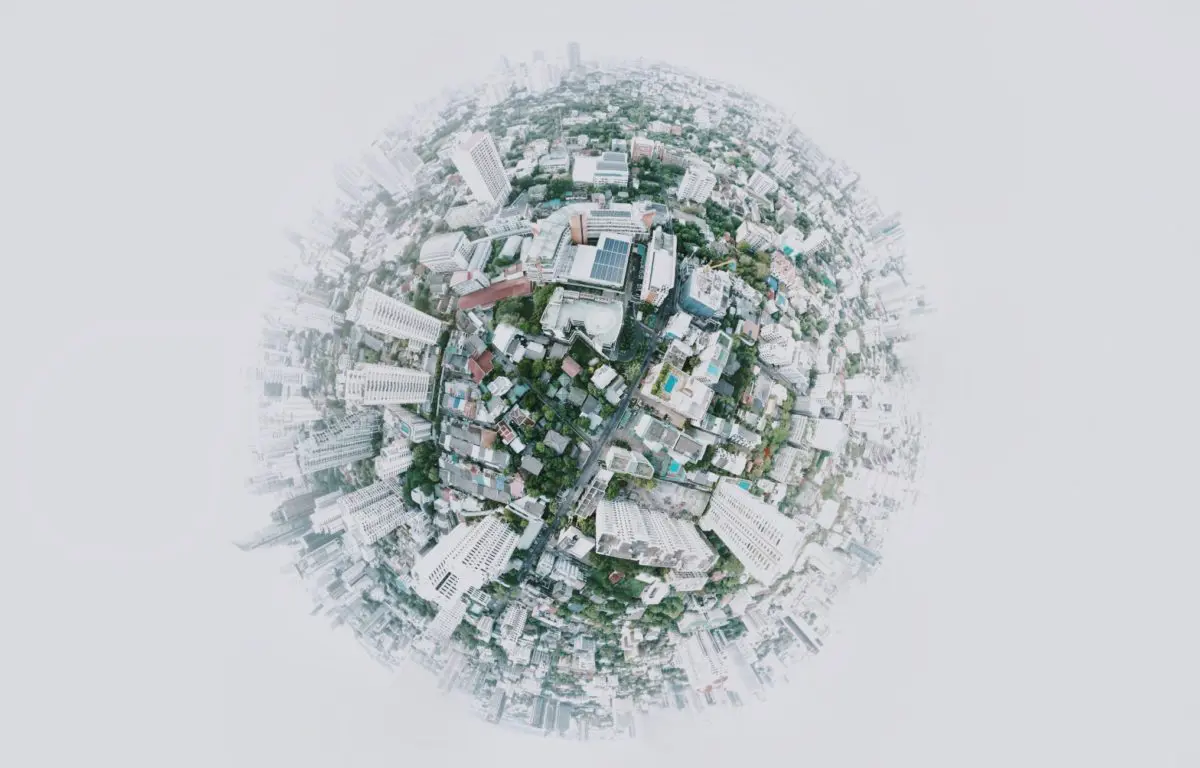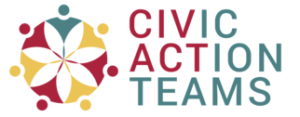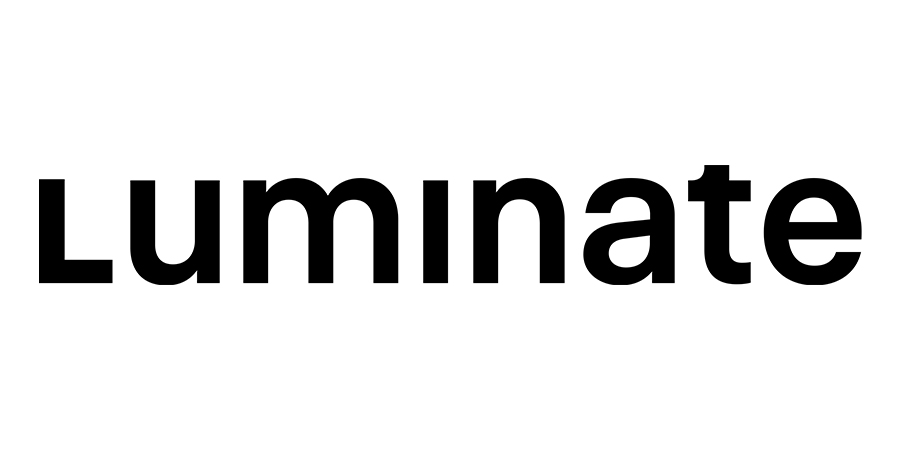
The Value of Translocal Networks
Written by Director for Growth and Operations, Jean Scrimgeour
The Accountability Lab (AL) started to demonstrate how governance can work for people by supporting creative solutions for accountability. Nine years later, the Lab has developed into a network of 9 country teams, 5 additional country partners and almost 110 team members. But AL is not, nor was it ever intended to be, an international non-government organisation (INGO).
Instead, we see ourselves as a translocal network, a collective of local organisations that have a shared purpose and understanding about the challenges we face and what we believe are the creative solutions required to solve them. Changing systems is really hard, but we believe that by working together on collective challenges – in specific, localized ways – we might be able to at least begin this shift. While we always hoped that we would grow from our starting point in Nepal, the way we look today has emerged from an almost entirely organic process, driven by young people who identify with the universal need for increased accountability. They also believe in the creative, unlikely ways we hope will achieve it.
We currently have Accountability Labs in Liberia, Mali, Mexico, Nepal, Nigeria, Niger, Pakistan, South Africa and Zimbabwe; with programming run by partners in Ukraine, Sri Lanka and Morocco. AL Global (with team members in Washington, DC, Islamabad, Johannesburg and Bamako) is purposefully small, providing fundraising, communications, learning and network coordination functions in an effort to ensure that our shared purpose is always front and center of the work that we do.
The Accountability Lab is globally active, visible and connected. Across all the Labs we share principles, narratives of change and practices, yet we remain local in the sense that we manifest ourselves – sometimes very differently – in the adoption and translation of principles and ideas into specific local contexts. In Nepal, our Civic Action Teams (formerly Citizen Helpdesks) for example, are working on migration issues whilst in Liberia we have used the same methodology to address accountability challenges around natural resource management in gold mining communities. In an effort to validate our structure, and how we work, we have drawn on the writings of Loorbach and others who have developed a typology of development through transformative innovation. This kind of thinking clearly describes the growth path of the Lab and has helped us think through our strategy for the coming years.
Loorbach and his colleagues talk about growing, the process of attracting more participants or funding. AL started off an as idea, based off numerous, similar encounters across very different contexts. We found that young people were frequently more focussed on the need for justice, honest leadership and equal opportunities for work and education. Young people also have great ideas for improving their own lives, and those of their communities but infrequently have the opportunity to make these ideas a reality.
In Nepal, we began through small-scale efforts to support young people with new ideas for accountability, a process that has eventually become our Accountability Incubator. We have found that our work manages to achieve its greatest impact through strategic approaches that bring together citizens, governments (and businesses) to build accountability through an ecosystem. We ask these different types of actors to do exactly what they do best and as a result we find the coalitions and communities that emerge, are better able to amplify accountability messages and secure long-term sustainability.
Second, replicating, which is the translation of the ideas, models and practices of a transformative innovation into another context. From initial crowdfunding of $12,000 and the establishment of programs in two countries (Liberia and Nepal), within 3 years the Lab was in 4 countries with a budget of $250,000. Now we work in 9 countries with a cross country budget of $4 million per year. Raising additional funding and bringing new teams into the network requires a significant amount of coordination, one-on-one engagement and time. While we involve network labs that are in close cultural, linguistic or geographic proximity to new network partners, the process of establishing and embedding the shared principles, narratives of change and practices is largely the responsibility of the AL Global team.
We have realised that while the details may differ, our programming is remarkably transferable across the countries in which we work, whether this is the “naming and faming” approach of Integrity Icon or the community feedback model of the Civic Action Teams. We are not as concerned with replicating the activities themselves as much as the programmatic principles. These guide our collective decision-making and provide comparative perspective that helps us improve in every context.
Third, partnering – the pooling of resources, competences, and capacities between different transformative innovations. Over the years, we have learned that being a professional, world class and accountable organisation is expensive. It is much more than procedures – registration, compliance and financial management (all of which require expertise and resources). It is also about justice and equality; centering communities at the heart of our work; values-based decision-making; responsible leadership, supporting learning opportunities for our partners and ensuring the physical, mental and emotional well-being of our staff.
In an effort to keep overheads low we are able to provide access to centralized technical tools such as Zoom, Canva and website support. More importantly however, as a collective we are able to invest in more in-depth support such as the provision of leadership training, monthly all-staff skills building opportunities and now during COVID-19 we are also able to fund to increase collaboration and boost team morale. In this way we are able to engage on a global stage, but also ensure that the majority of program funds are spent in and on the communities within which we work.
Fourth, instrumentalising strengths and embedding transformative innovation by exploiting opportunities. Too often in development, decisions are taken a long way from the places where those decisions have an effect. As a translocal organisation, we aim to bridge the proximity gap that many local organisations struggle to overcome. AL is able to be both on the ground, and where the decisions are being made.
We work hard to ‘be in the room’ and the opportunity we see is to build relevant coalitions and communities that can feed solutions up to the local, national and international levels. For example, we have been working as part of the Open Government Partnership in Liberia and Nigeria to support the voices of local civil society actors in National Action Plans around open governance; and we work around SDG16 with partners from across government, business and the media, including the TAP Network. We are also working hard to embed transformative innovation within governments by working to reinvent their civil service training curricula through our Integrity Innovation Lab.
And finally, embedding, which we take to mean the institutionalisation of transformative innovation through mainstreaming and structural anchoring in regulation, physical space or funding schemes. We are working across our network to equip reformers – inside and outside government – with the knowledge and tools to push for better governance by influencing policies, processes and practices, and through growing coalitions and advocating for change.
For example, one of our Integrity Icons in Liberia, Bockarie Sakilla, changed quarterly reports on drug stocks to weekly reports, significantly cutting down on pilferage. We have also established both virtual and physical spaces for our teams, from which our partners and program participants can work and which they can also use to convene their own communities. While this is an ongoing process, we know that embedding is also predicated on learning. We try to investigate when and under which conditions our transformative innovations might work.
Over the past few years we have conducted a contribution tracing study on Integrity Icon for example, and an in-depth review of our Incubator; and we are currently partnering with Tufts University to investigate how to shift social norms around issues of corruption.
While COVID-19 rages across the world it continues to expose significant accountability weaknesses and leave unprecedented financial, social and security challenges in its wake. Solving these challenges will require a collective reimagining of what works, so that we don’t further exacerbate the ever present ‘elite-grassroots’ divide. Instead, we challenge donors, academics, local and international practitioners to prioritise an intentional investment in networks that are translocal, working across geographies and sectors to develop a pathway to bring about systemic change.
At the Lab, we will be using this new language for how we speak about ourselves, and be increasingly intentional, direct and clear about the collective action and networks that it takes to realise the transformation that drew us together all those years ago.





